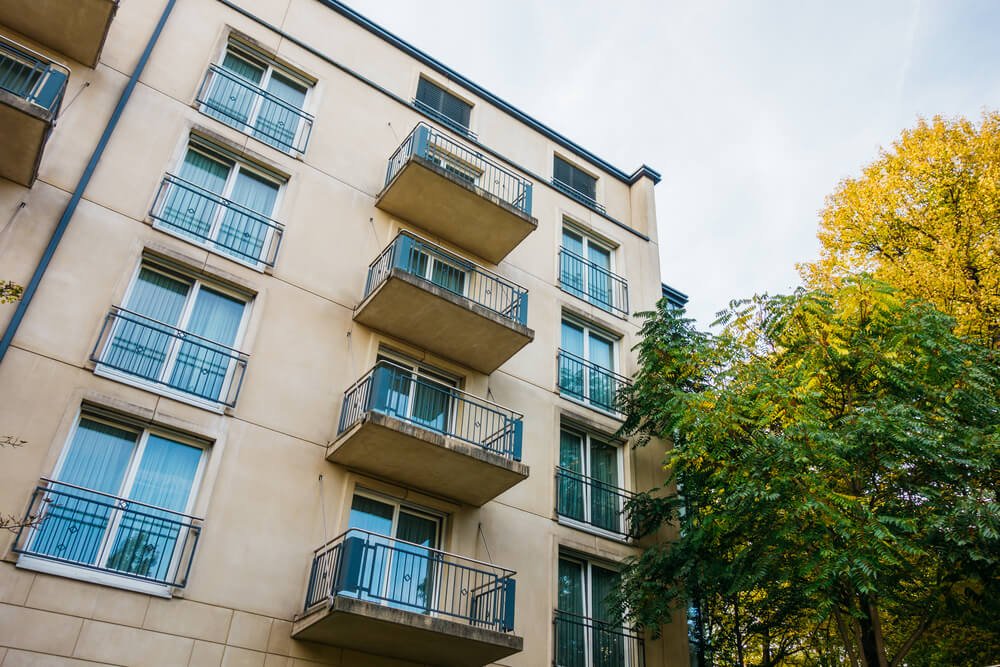Investing in Real Estate: Residential v/s Commercial
Are you considering investing in real estate to supplement your income through rent? You may choose either a commercial or residential property. However, you may not understand the difference between these two types of properties and may focus only on one kind.
The rental markets for both these types of properties work differently. The demand for residential property rentals has surged due to the shortage of affordable homes. Operational expenses to rent residential properties are low and tenants require basic infrastructure facilities.
In comparison, commercial property investments need larger capital infusion and have vacancy risks. Moreover, commercial space renting is directly affected by economic conditions and the overall market situation.
Commercial versus Residential Properties
• The homeowners are responsible for the repairs and maintenance of residential properties. However, such responsibilities often lie with commercial property tenants
• Compared to commercial spaces, residential properties are priced more affordable
• In most cases, the lease period for commercial spaces is longer than residential
Pros and cons of residential properties
• Investing in residential real estate is simpler when compared to commercial spaces
• Moreover, you do not have to deal with multiple tenants, which may be complex and stressful
• Compared to commercial spaces, maintenance costs when you buy property in a residential building are lower
• The prices of residential properties are lesser, which means you will require a lower loan and capital infusion
• You are able to diversify your real estate portfolio while enjoying capital appreciation through a price increase
• Benefits of the home loan principal repayment and interest under the Income Tax (IT) Act
• The flexibility of use while creating an asset for the next generation
There are certain disadvantages when you invest in residential flats for sale:
• Riskier as there is only one tenant and there may be delays in rent payments
• In case the tenant moves before you are able to find a new one, you may face a loss of income
• Maintenance and upkeep expenses
• Profits may decrease in case the property taxes and other related expenses increased
Pros and cons of commercial properties
Commercial areas include retail spaces, land, office buildings, and warehouses. Most of these commercial spaces are designed to earn income.
• The rental rates for commercial spaces are higher, which provides a greater return on investment
• Provides an opportunity to earn a regular and steady income
• Lease period is longer reducing, thereby vacancy risks
• Capital appreciation over the long-term
However, some of the drawbacks include:
• Managing a commercial property is time-consuming and cumbersome
• Larger initial capital infusion because prices are much higher than compared to residential properties
• Rental is directly linked to market and economic conditions, which may adversely affect your income during difficulties
• Vacating tenants may be difficult
Commercial versus residential property investment
1. Determine your expectations
If you are considering which real estate investment is better, knowing what you expect from such investing is beneficial. If your objective is to earn a higher income, investing in commercial spaces may be more advantageous. However, if you want to reduce your initial capital infusion, investing in a residential property is recommended. This is because residential property prices are lower than commercial rates.
2. Risk profile
Investing in residential or commercial spaces is risky; latter being riskier than the former type of investment. Moreover, finding tenants for an office or warehouse may be tougher than leasing your apartment. Therefore, you may have to keep the commercial space vacant for a longer period, which increases the risk of investing. It is recommended that you know your risk appetite before making your decision.
Also Read: first time homebuyer credit
3. Time availability
You will need to regularly maintain your property whether you invest in a home or an office space. Moreover, you have to make timely payments on property taxes and other related expenses. The time and efforts required for both these types of properties are different and knowing how much you are willing to put into managing your investment will help you make an informed decision.
4. Financial situation
Commercial property prices are higher than residential prices. Even if you want to fund your purchase with a loan, you will still need to make an initial down payment. The decision to choose between these two types of properties must be based on the capital available to meet this down payment.
Additionally, you need to pay the Equated Monthly Installments (EMIs) on your loan. This is a long-term commitment and determining your financial situation over the years is important to make the right decision.
If you are still not sure about which is the right investment option, you may consult an experienced advisor. Such professionals will help you understand about real estate investing and assess your needs to ensure you are able to make the right decision.




